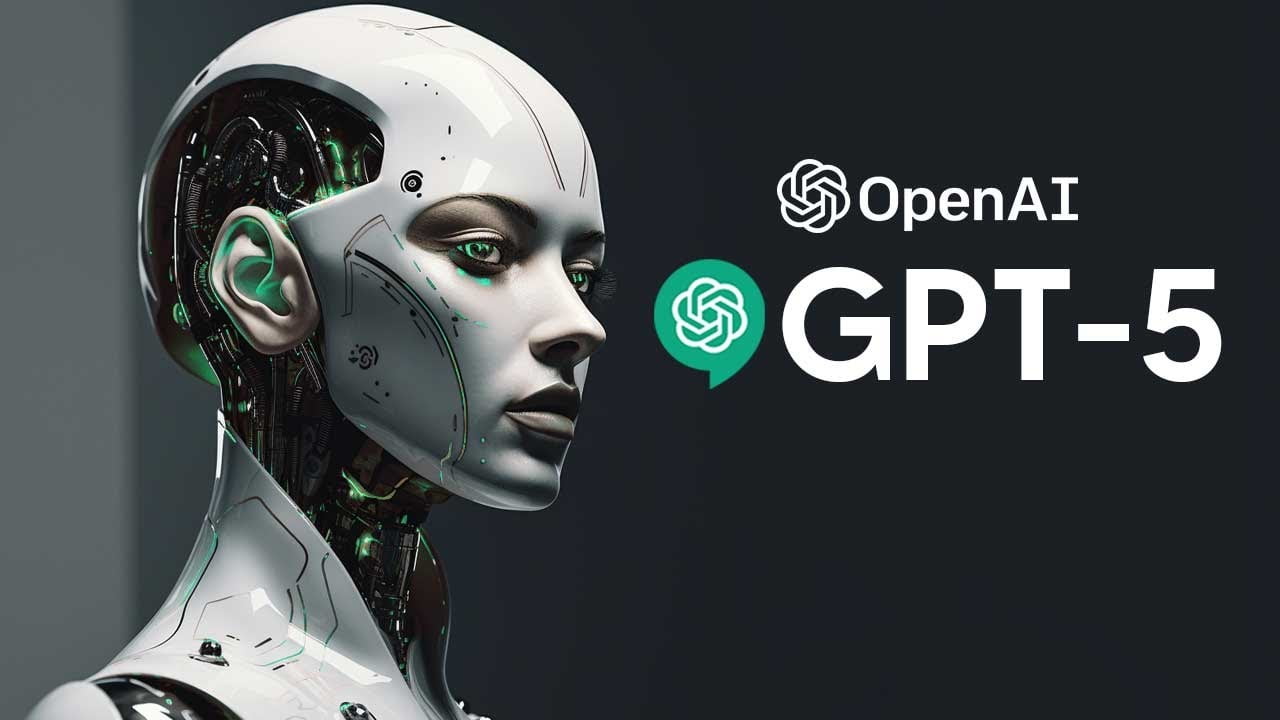The integration of Artificial Intelligence (AI) with space exploration has become a focal point in modern technological advancements. AI’s ability to process vast amounts of data, make real-time decisions, and adapt to unforeseen circumstances has made it an indispensable tool in the field of space travel. This article delves into the various applications, challenges, and future prospects of AI in space exploration.
AI Applications in Space Exploration
Data Analysis and Interpretation
Space missions generate enormous amounts of data that require meticulous analysis. AI algorithms can sift through this data, identifying patterns and anomalies that might be missed by human analysts. This has led to more accurate predictions and insights into celestial phenomena such as star formations, planetary movements, and cosmic radiation. Machine learning models can also predict equipment failure, ensuring timely maintenance and reducing the risk of mission failure.
Autonomous Navigation
Spacecraft equipped with AI can autonomously navigate through space, adjusting their course in response to unexpected obstacles or changes in conditions. This ability enhances the efficiency and safety of missions, particularly in uncharted territories. AI systems can process vast amounts of navigational data in real-time, making split-second decisions that would be impossible for human pilots. This has enabled missions to distant planets and asteroids, where communication delays make human control challenging.

Robotic Assistance
AI-powered robots are increasingly used in space missions to perform tasks that may be hazardous or impossible for humans. These robots can conduct repairs, collect samples, and even build structures on other planets. They can be programmed to operate autonomously or in collaboration with human astronauts, providing flexibility and efficiency. The use of AI in robotic arms on the International Space Station (ISS) is a prime example of how technology is aiding human efforts in space.
Challenges and Ethical Considerations
Reliability and Safety
The reliance on AI systems in critical mission operations raises concerns about reliability and safety. Ensuring that AI algorithms function without error in the harsh and unpredictable environment of space is paramount. The development of robust AI models that can withstand extreme temperatures, radiation, and other space-related challenges is an ongoing area of research and development.
Ethical Considerations
The use of AI in space travel also brings forth ethical questions, such as the potential displacement of human roles and the responsibility for decisions made by autonomous systems. The balance between human oversight and AI autonomy must be carefully considered to ensure that ethical standards are maintained. Transparency in AI decision-making and clear guidelines for accountability are essential in this context.

Future Prospects
Deep Space Exploration
AI could enable more ambitious missions to distant planets and even other star systems. By handling complex navigation and survival challenges, AI may pave the way for human exploration beyond our solar system. The development of AI-driven propulsion systems and life support could make interstellar travel a reality in the future.
Collaborative Missions
The integration of AI with international space agencies could foster collaboration on a global scale. Shared AI technologies might lead to joint missions and a more unified approach to space exploration. Collaborative AI research could accelerate technological advancements and promote international cooperation in space science.
Sustainable Space Travel
AI’s ability to optimize resource usage and adapt to changing conditions could contribute to more sustainable space travel, reducing waste and energy consumption. AI algorithms can optimize fuel consumption, manage waste recycling, and monitor environmental conditions within spacecraft, contributing to the long-term sustainability of human presence in space.
Conclusion
The convergence of AI and space travel is a complex and multifaceted subject, with significant implications for the future of exploration, technology, and humanity. The integration of AI into space missions has already yielded remarkable achievements, yet it also presents challenges that must be thoughtfully addressed.
As we continue to push the boundaries of what is possible in space, AI stands as a vital tool, offering the potential to unlock new frontiers and deepen our understanding of the cosmos. The ongoing collaboration between scientists, engineers, and policymakers will be essential in harnessing the full potential of AI in space travel, ensuring that it serves the broader goals of exploration, innovation, and responsible technological advancement.
This post contains affiliate links.
Author

This article was written with the assistance of AI. Edited and fact-checked by Ronan Mullaney.
View all posts







